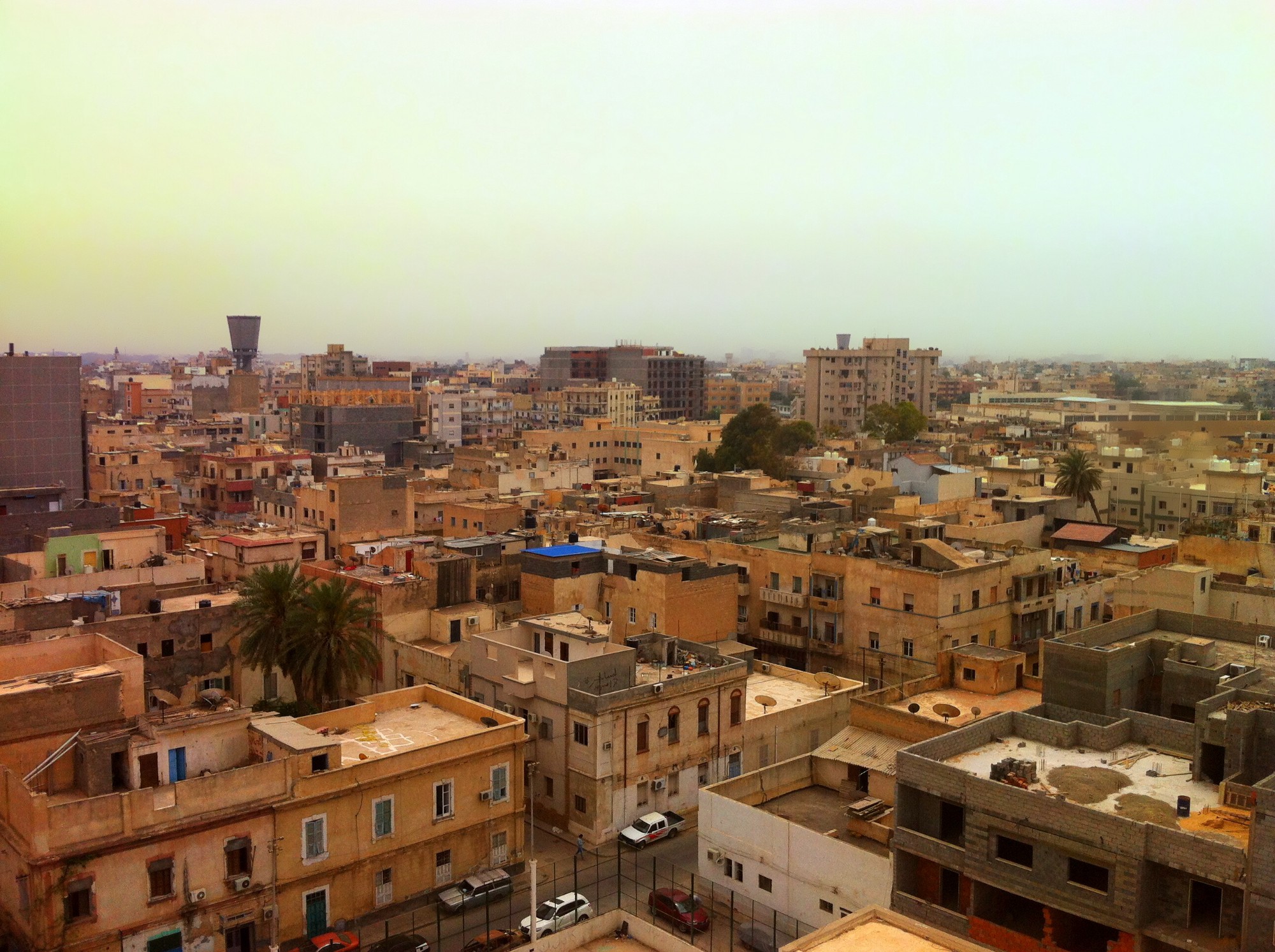The coronavirus hotline for Libyans that is inundated with calls
A call centre in Tripoli, managed by the World Food Programme, needs funding to keep up with the demand for information
By Suzanne Fenton
Also published on World Food Programme Insight
The hum of idling computers vibrates gently through the World Food Programme’s (WFP) empty Libya backup office in Tunis, capital of neighbouring Tunisia. Outside it is springtime and the heady scent of blooming jasmine — Tunisia’s national flower — hangs in the air over silent streets. With most WFP employees working from home amid strict COVID-19 curfews, Samer AbdelJaber, WFP Country Director for Libya, sits in the office, alone.
It may be quiet now in the early moments of the morning, but not for long. A quick tap on Samer’s keyboard brings a Microsoft Teams meeting to life and colleagues pop up on the screen. A few pleasantries and jokes are exchanged, and the meeting begins. One of the most exciting talking points on the agenda is the performance of the interagency call centre, managed by the WFP-led Emergency Telecommunications Sector (ETS) in the Libyan capital, Tripoli.
Initially launched in February as a common feedback mechanism to enable two-way communication between humanitarian responders and affected communities, the call centre also operates Libya’s official coronavirus hotline, at the request of the country’s National Centre for Disease Control.
“[The feedback] project was always going to be important for us, as a humanitarian community, to be able to hear back from people we serve … feedback on the assistance they’ve received and will need in the future,” says Samer.
‘People need one reliable, easy-to-access, official line that they can trust, especially with misinformation swirling globally.’
Being able to communicate and access information, particularly in an emergency or medical scenario, is critical to saving lives and livelihoods. “Last week alone, the number of calls to the COVID-19 line doubled,” says Samer. “People need one reliable, easy-to-access, official line that they can trust, especially with misinformation swirling globally.”
While it might be premature to call it a success, the figures speak for themselves. The hotline received just 140 calls in its first 10 days, when the virus had yet to reach Libya. Trained operators have been since working flat out to answer as many calls as possible. Now they’re on the brink of hitting 10,000 — an astonishing figure.
But there are too many calls to answer, and they usually come in the afternoon. By then, curfew’s in force and operators are working from home. Funding is urgently needed to hire more staff, and purchase laptops and phones. “We need to raise capacity to be able to handle the call volume effectively,” says Samer. “We have the know-how and the setup to do it, but we’re running out of funding for it at a critical time.”

The hotline already serves as a blueprint for other emergency telecoms operations. Teams in Yemen, the Central African Republic and the Pacific region are looking to Tripoli for inspiration as they move to rapidly amend Humanitarian Response Plans, and budgeting forecasts, to tackle the pandemic head-on.
Operators are trained to review people’s symptoms over the phone and refer possible cases of COVID-19 to the National Centre for Disease Control. While the call centre thrives, Samer keeps a watchful eye on other work that cannot stop—for instance, home deliveries of nutritious snacks to 70 percent of the children enrolled in WFP’s school feeding programme.
The WFP Libya machine is moving but it’s a balancing act to ensure COVID-19 prevention measures are in place and followed. That essential coordination with authorities, partners and government bodies takes place thanks to a team who are not even in the same room — or even the same country — makes it all the more extraordinary. Samer is evidently proud of his team.
“Humanitarian agencies are here to support the country. Accountability and transparency are of prime importance, and open communication and access to information serves this,” he says.
No time to talk more, there is more work to be done. Another virtual meeting starts, more faces appear on the screen, and there’s more information and latest hotline numbers to discuss. Samer greets his colleagues. Jasmine blooms. It’s a behemoth task, but in Libya, where everything is unique, the humming machine powers on.